Podcast Episode #19: Lisa’s Postpartum Journey
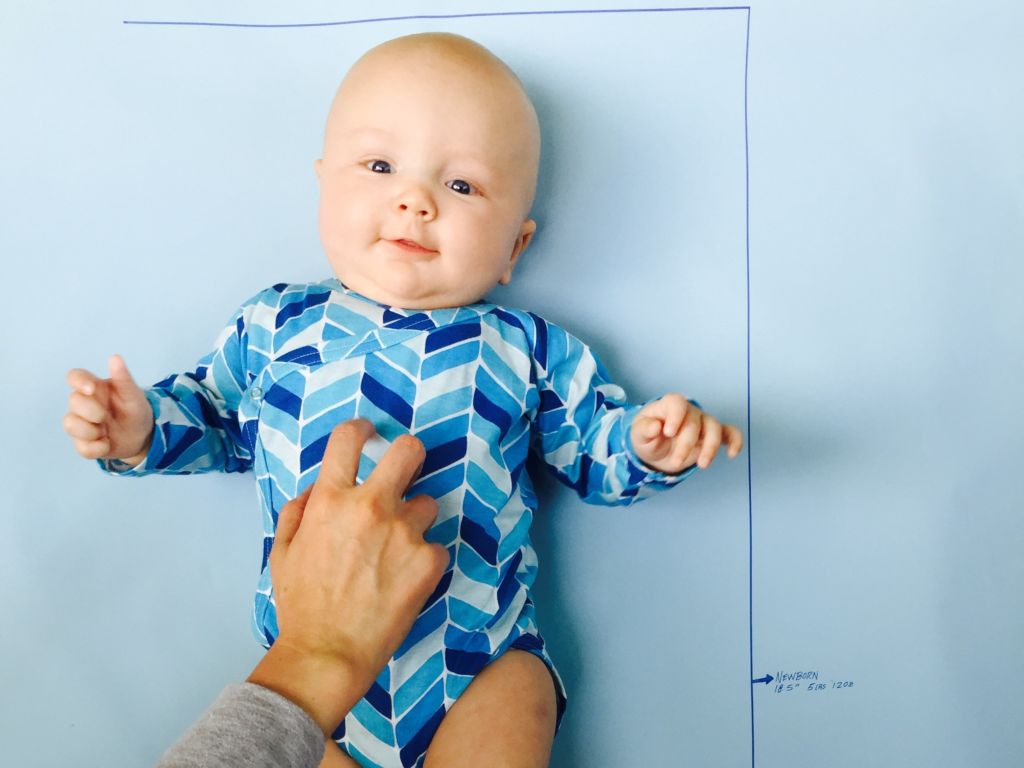
On this episode of Ask the Doulas, Alyssa talks with Lisa about her postpartum doula and how having a doula helped with her recovery. You can listen to the complete podcast on iTunes and SoundCloud. Alyssa: Hi, welcome to another episode of Ask the Doulas with Gold Coast Doulas. I am Alyssa Veneklase. […]
World Doula Week 2018
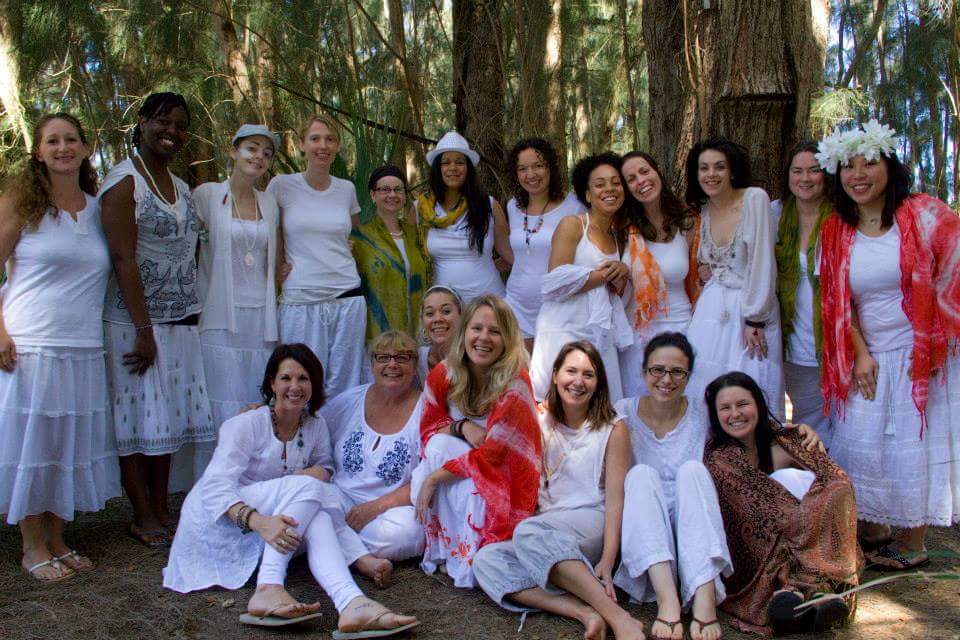
Today’s blog is written by Kristin Revere, Certified Birth and Postpartum Doula and Certified Sacred Postpartum Mother Roaster. As the end of World Doula Week nears, I feel I must speak my truth. Before having kids my purpose was to support women in politics. I wanted more voices in office and wanted to run for […]
Podcast Episode #12: Fertility Struggles
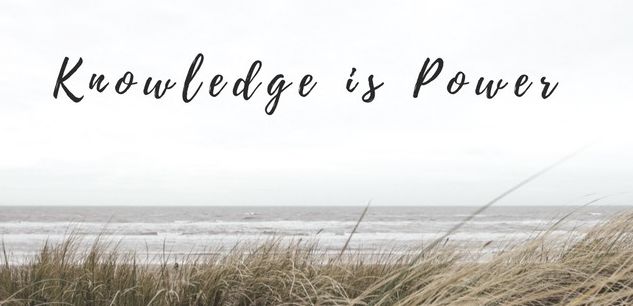
In this podcast episode, we talk with Lisa about her struggles with fertility and about the birth of her son, Ethan, who was conceived via IVF. This podcast is available to listen to on iTunes and Soundcloud. Alyssa: Hi, welcome to another episode of Ask the Doulas! I am Alyssa, co-owner of Gold Coast and post-partum […]
Podcast Episode #9: How to Handle a Six-Week NICU Stay

On this episode of Ask the Doulas, Tricia talks about her experience with her twins staying in the NICU for six weeks. You can also listen to this podcast on iTunes. Alyssa: Hi, welcome to another episode of Ask the Doulas with Gold Coast Doulas. I am Alyssa, co-owner and postpartum doula, and today we’re […]
Podcast Episode #8: Kristin’s Experience with the NICU
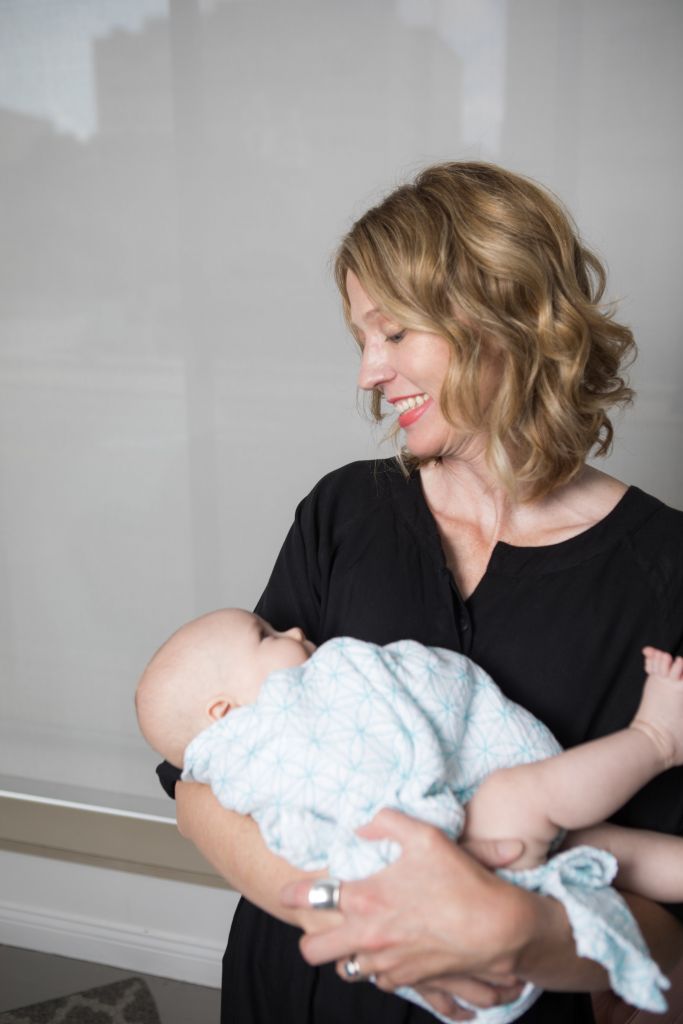
In this episode of Ask the Doulas, Kristin shares her experiences with the NICU when her daughter was born. You can listen to this complete interview on iTunes. Alyssa: Hi, welcome back to another episode of Ask the Doulas with Gold Coast Doulas. I am Alyssa, and we are talking to my partner Kristin today. […]
Podcast Episode #6: Dispelling The Goddess Myth
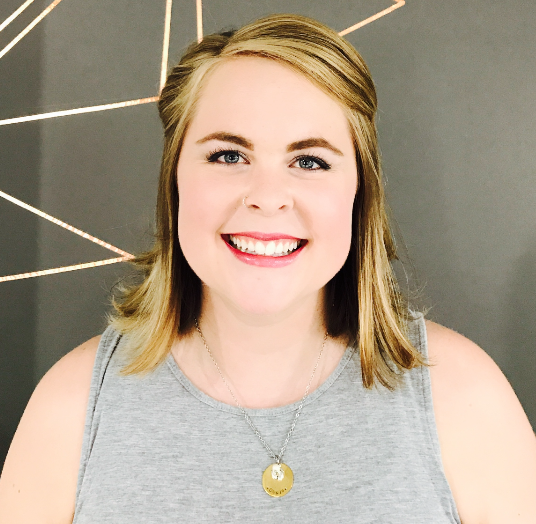
In this episode of Ask the Doulas, Alyssa and Ashley talk about The Goddess Myth and how it affects your birthing experience. You can listen to this complete podcast on iTunes. Alyssa: Hi, welcome to Ask the Doulas with Gold Coast Doulas. I am Alyssa, co-owner and postpartum doula, and today we have Ashley Forton […]
Podcast Episode #4: When to Hire a Doula and Why A Team Works

In this episode of Ask the Doulas, Alyssa and Ashley talk about Gold Coast’s team model for doulas and about the right timing for hiring your doula. You can listen to this complete podcast on iTunes. Alyssa: Hi, welcome to Ask the Doulas. I’m Alyssa, co-owner and postpartum doula at Gold Coast Doulas, and […]
Podcast Episode #2: Having Kids Later in Life – Kristin’s Birth Journey

In this episode of Ask the Doulas, Kristin shares about her birth experiences and how she started the journey to become a birth doula. You can listen to this complete podcast on iTunes. Alyssa: Welcome to another episode of Ask the Doulas with Gold Coast Doulas. I am Alyssa, co-owner and postpartum doula, and […]
Podcast Episode #1: One and Done! Alyssa’s Doula Journey
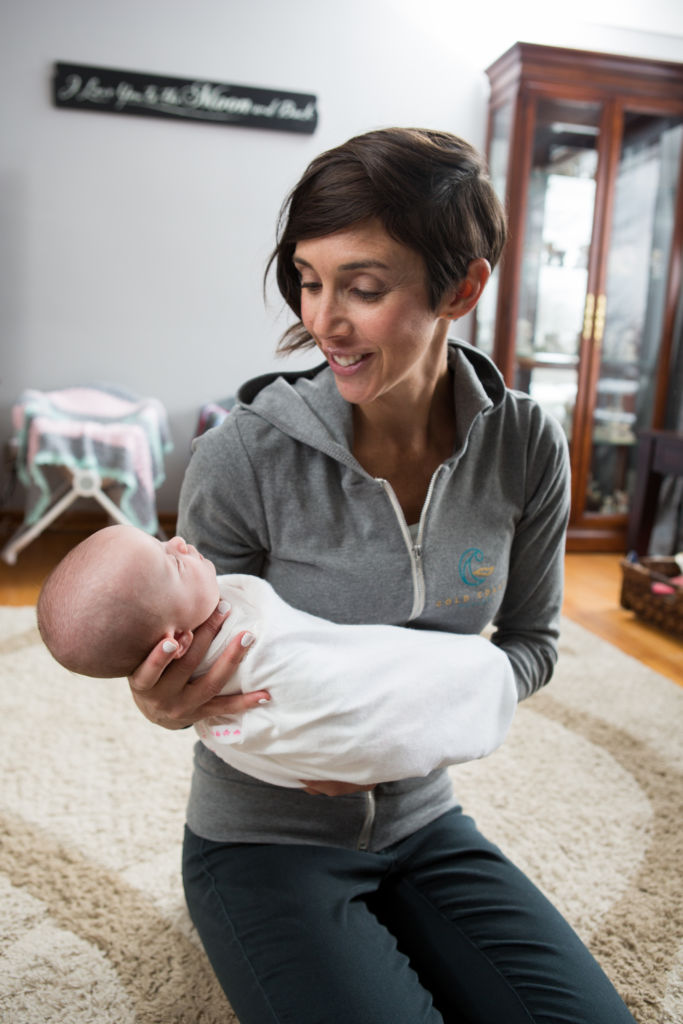
In this episode of Ask the Doulas, Alyssa shares about her birth experience and her decision to have only child, as well as her journey to becoming a postpartum doula. You can listen to the complete podcast on iTunes. Kristin: Welcome to another episode of Ask the Doulas with Gold Coast Doulas. I’m Kristin. […]
Make Your Hospital Room Feel Like Home
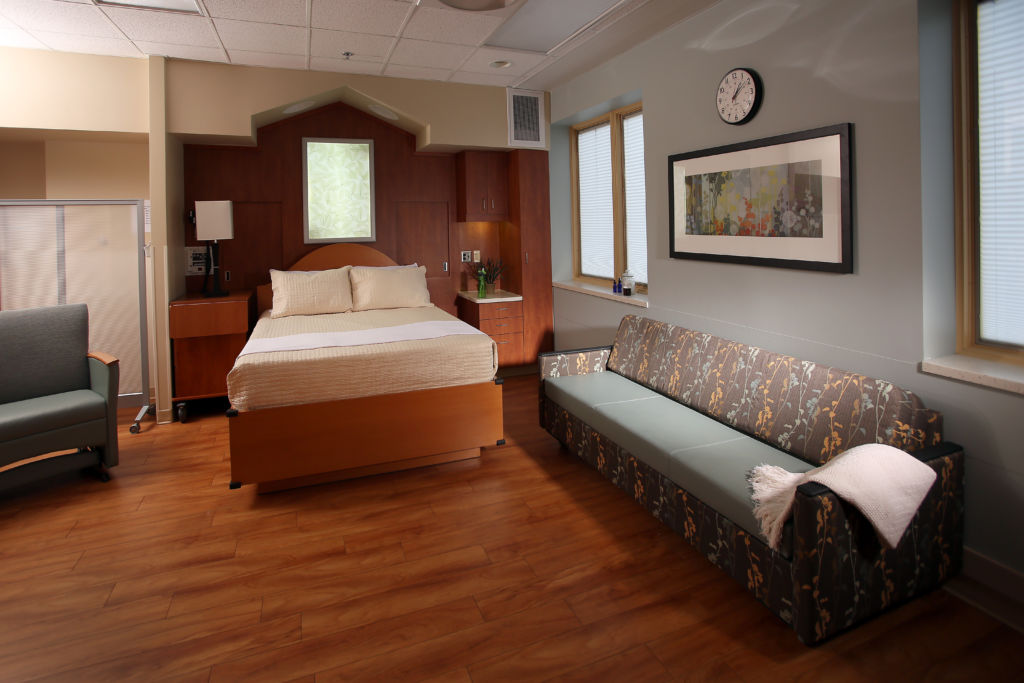
Today’s blog comes from one of our past birth doulas, Courtney Garvelink. Her experience with birth clients, as well as being a licensed massage therapist and previous HypnoBirthing instructor, makes her an expert on comfort measures in the delivery room. See what she has to say about making your hospital birth feel more like home. […]
Kerry – A HypnoBirthing Birth Story
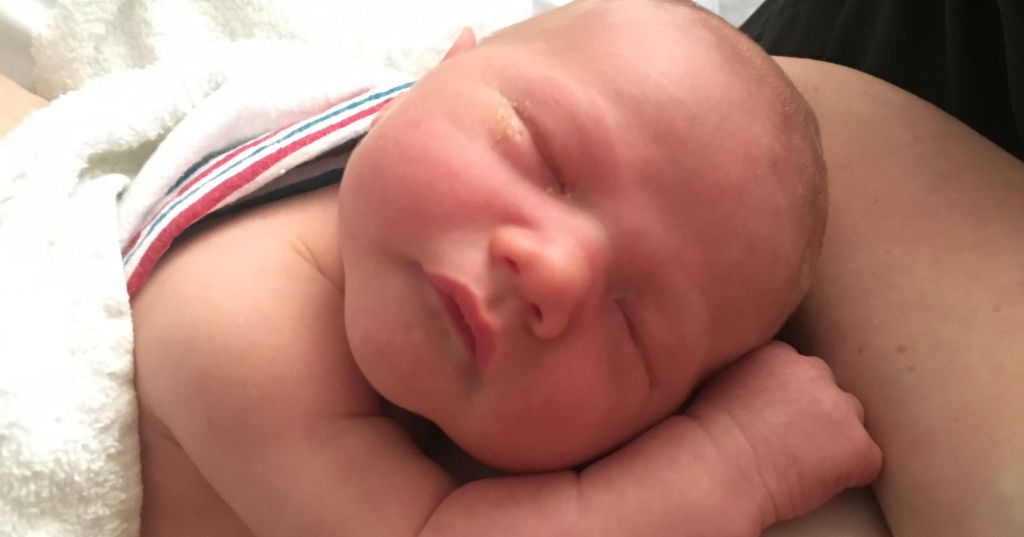
We love hearing birth stories from our HypnoBirthing students. Kerry had a rough ride but made it through three days of labor in the hospital, smiling in the end because of the tools and techniques she learned in Ashley’s HypnoBirthing Classes. “I just wanted to shoot you a note thanking you so very much for […]
Riding the Waves
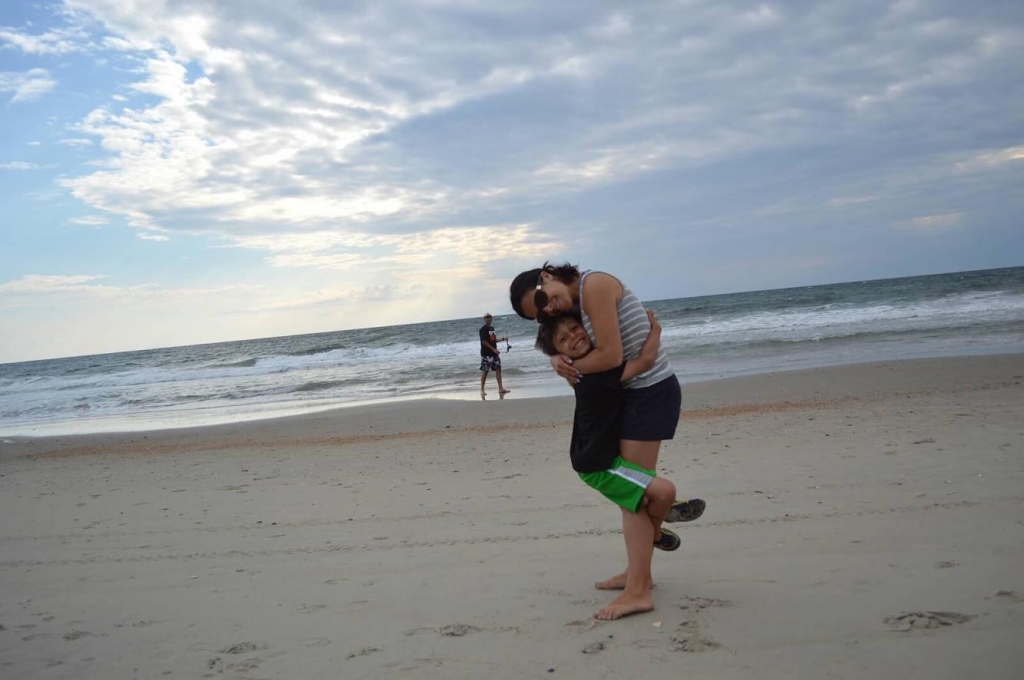
Gold Coast Doulas is excited to feature a guest blog from Lauren Rauseo. Lauren is mom to Dylan, Liv and Fiona. She works part-time as a graphic designer is working to become a postpartum doula as well. Her favorite things are coffee, manicures, wine, yoga, and family dance parties in her living room. Now that […]
Is Your Pregnancy Missing Craniosacral Therapy
Gold Coast Doulas asked Kelly Marie O’Brien Pahman to guest blog on the topic of craniosacral therapy. Kelly opened St. Brigid’s Holistic Labor Care in 2009 where she works as a Holistic Doula and in 2014 she added St. Brigid’s Craniosacral Center in order to support clients and their families with Craniosacral therapy. She has […]


